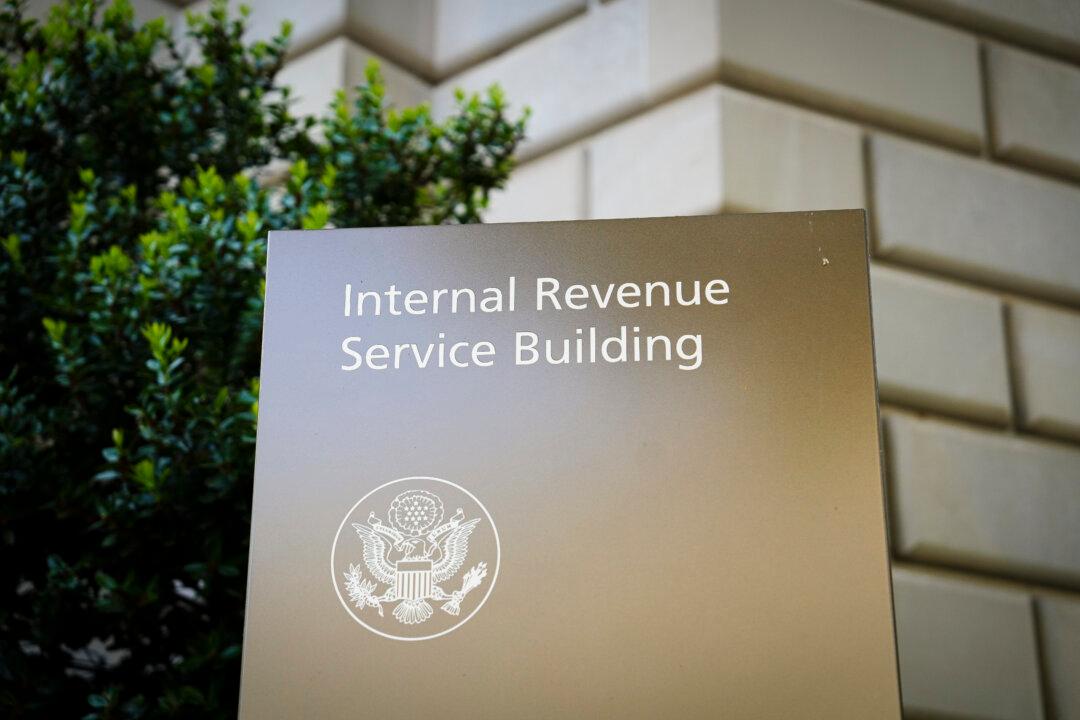One U.S. agency that many people fear is the Internal Revenue Service (IRS). Of course, there is no need to fear when you honestly report your taxes. When taxes are not reported honestly, there is a good reason to fear the agency because it has more power than any other U.S. agency.
The IRS operates under the authority of the U.S. Department of the Treasury. Its mission is to collect taxes. Its goal is to help lawful citizens pay the correct amount of taxes and to enforce the payment of taxes on those people unwilling to abide by the country’s tax laws.






